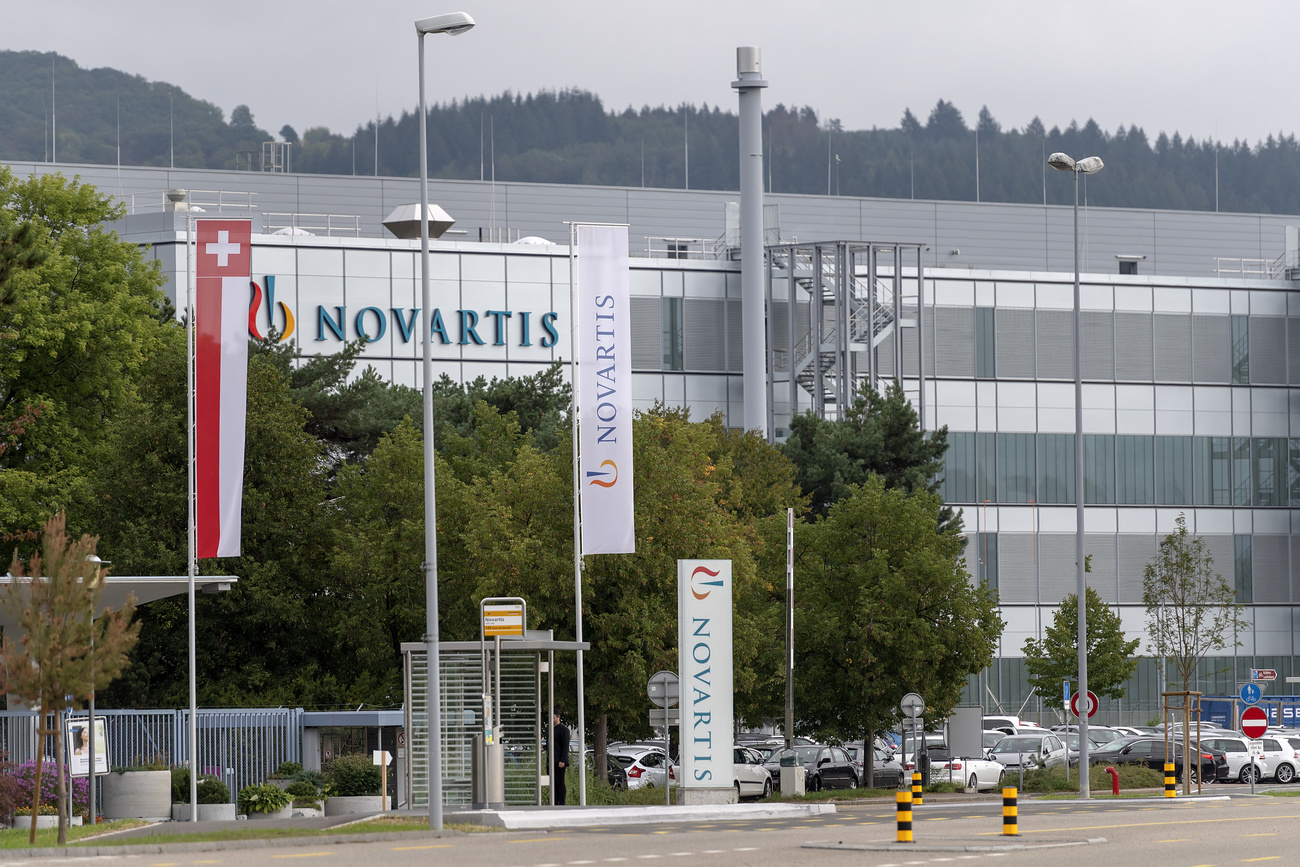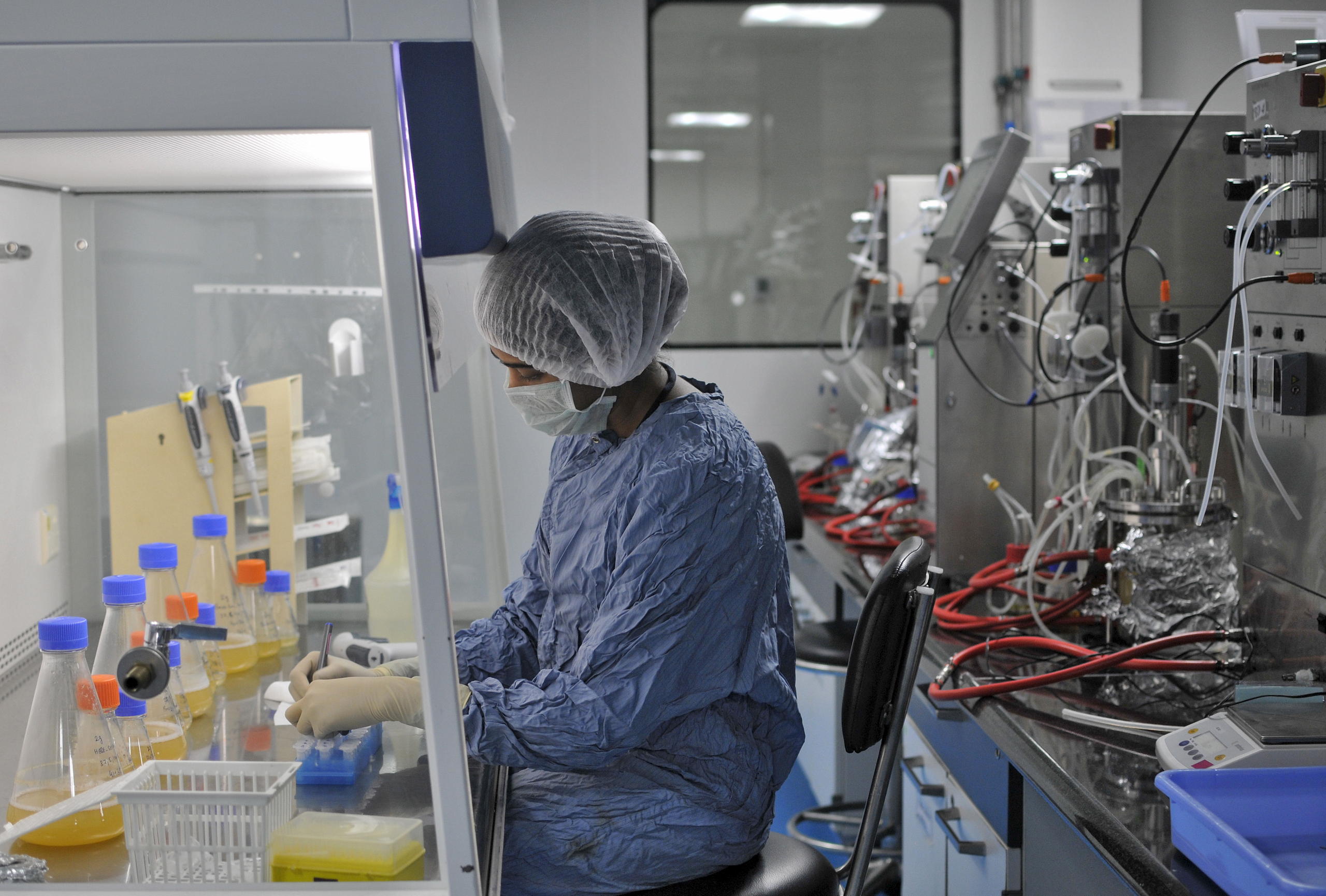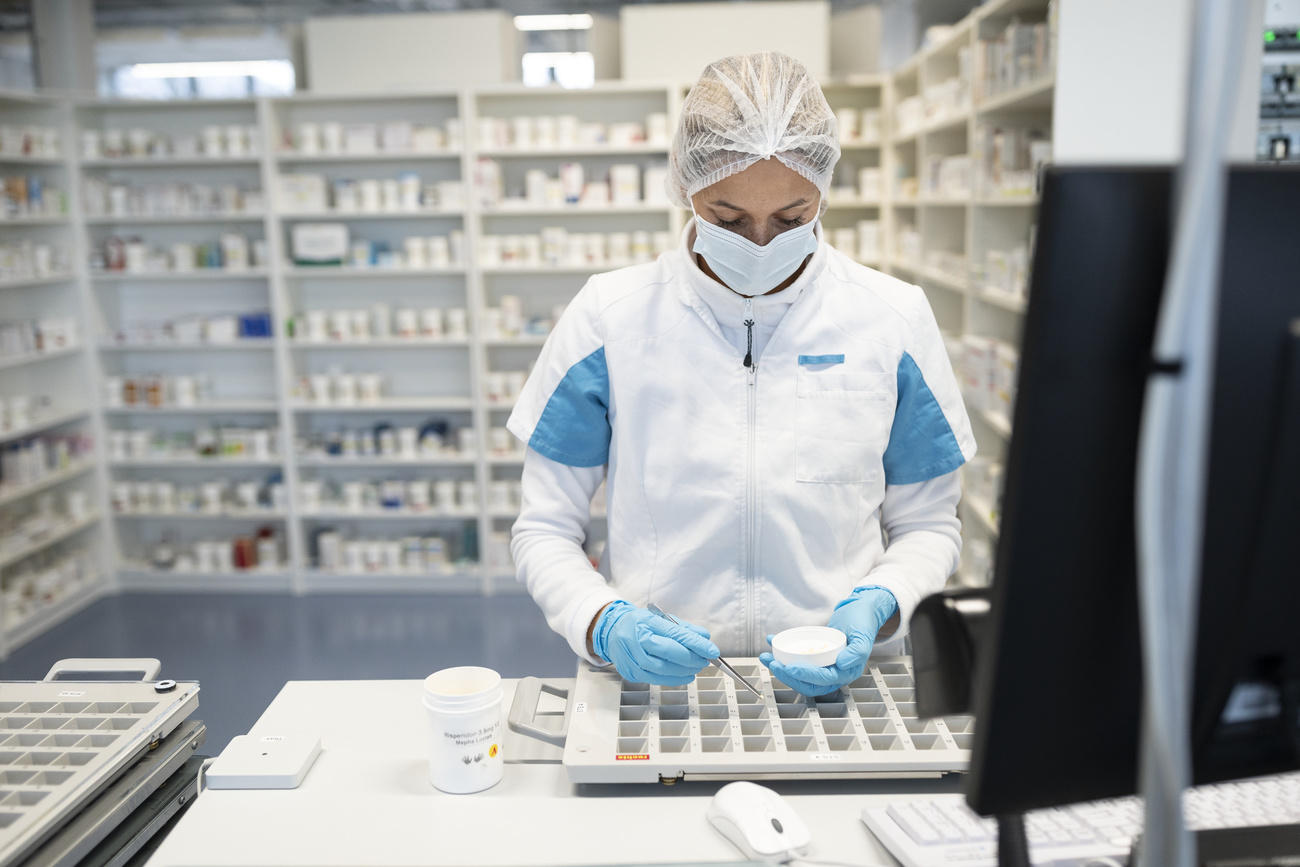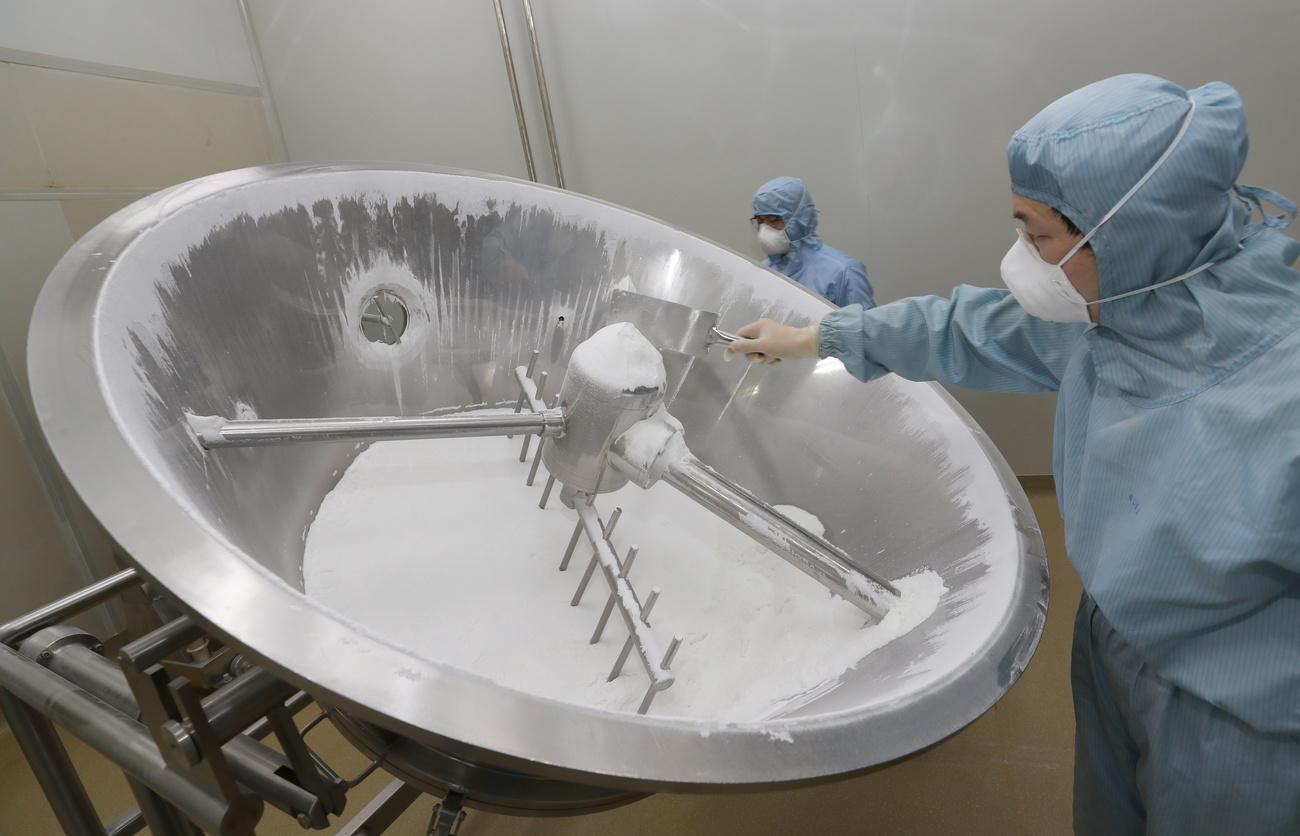كيف أثّرت الجائحة على نظرتك للصناعات الصيدلانية؟
بالنسبة للبعض، تُعدّ شركات الأدوية من ضمن الأبطال الذين تجلى دورهم خلال انتشار وباء كوفيد-19، ولكن بالنسبة للبعض الآخر، تُعتبر المسؤولة عن التحديات التي تواجه العالم اليوم في ظل الجائحة الصحية الحالية.
ما رأيك في هذه الصناعة؟ وهل تغيّرت أثناء الوباء؟ وما الذي يجب أن تفعله صناعة الأدوية بشكل مختلف عما فعلته حتى الآن؟ وما هو الدور الذي يجب أن تلعبه الحكومات في هذا المضمار؟
من المقال صناعة الأدوية السويسرية تقيّم الماضي والحاضر وتستشرف المستقبل









اكتب تعليقا